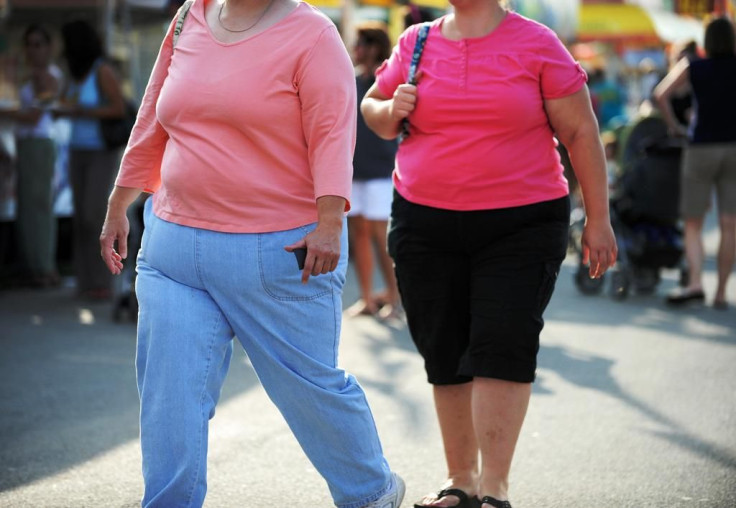WW’s Weight Loss App: Why Kids Don’t Really Need It

WW International Inc. (WW), which remains famous for its popular Weight Watchers diet, is being assailed for developing a free app for kids called “Kurbo” whose critics claim increases the chance children will develop destructive and even dangerous eating behaviors.
WW said Kurbo was designed for children ages 8-17 to help them "build healthy habits." It’s based on Stanford University’s pediatric obesity program. WW is taking pains to assert Kurbo isn’t a diet.
“This is a scientifically proven way to get kids to eat healthier and move more, so we’re excited to get it into as many hands as possible,” Gary Foster, WW Chief Scientific Officer, said.
Foster said diets lead to short-term behavior change. On the other hand, WW focuses on establishing healthy patterns among kids and teens through Kurbo.
Kids and teens track their food using Kurbo. A green, yellow or red light grades what and how much of a food they eat. Kids can also consult with a digital coach but this extra service is priced at $69 every month.
Criticism of Kurbo is focused on the undeniable fact that weight gain is an inevitable product of growing-up. Kurbo dismisses this reality by seeming to encourage behaviors that might fuel eating disorders such as anorexia, all in the name of attaining what Kurbo calls an ideal weight.
"Weight gain is a normal part of childhood," said nutritionist and author Pixie Turner. "In focusing on weight, we are ignoring how complex health is. Health is far more than just a number."
Turner points out Kurbo allows children to state their primary motivation for being on the app is “making parents happy.”
“That is heartbreaking,” according to Turner. “Parents should love their children unconditionally, not on the condition that they're thin."
"Children are not 'little adults'...Interventions that focus on weight as the main target can trigger disordered eating patterns, low confidence and self-esteem when goals are not met and an unhealthy preoccupation with looking a certain way," Natalie Muth, a pediatrician and spokesperson for the American Academy of Pediatrics, said.
A victim of anorexia was so horrified by Kurbo, she began a petition to have the Kurbo app removed. Rachel Egan said some of the behaviors Kurbo encourages like tracking a child’s food intake, categorizing foods as good or bad and compensating for what a child has eaten, along with exercise, “are all behaviors which fueled my anorexia and made it harder for me to recover."
"As somebody who has lived with an eating disorder for 14 years, I was absolutely horrified when I found out about Kurbo," she pointed out.
Kurbo also encourages what are now known to be false stereotypes for health. It praises being thinner as aspirational and healthy. In Kurbo, weight loss and success, and weight loss and health, are one and the same.
Health experts said the reality for many people is vastly different because people and their bodies are vastly different from one another.

Published by Medicaldaily.com



























